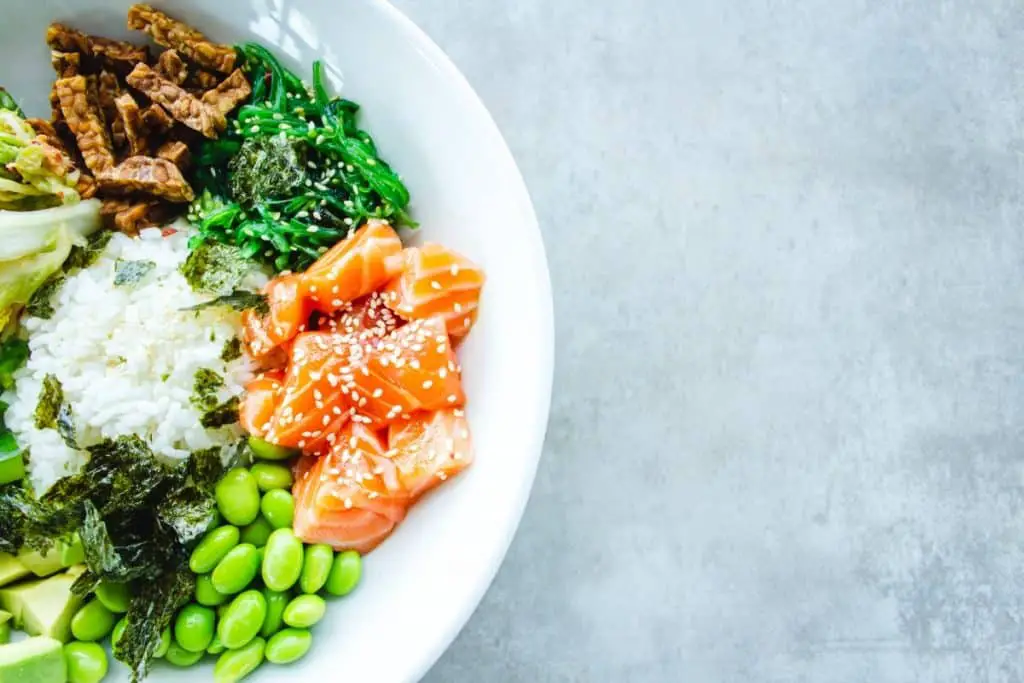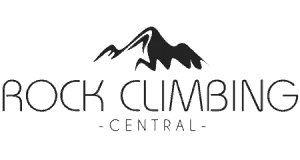
Planning a diet for a sport you enjoy isn’t easy, especially when that diet is slightly limited. If you want to plan yourself a keto diet that will benefit your rock climbing experience then you’ve come to the right place. I’ve done a general diet plan for climbing in this article that’s hopefully going to make you strong and healthy for climbing. I can’t promise you’re going to like every single food or meal on this list because, well, I don’t know how fussy you are. But what I can promise is that you’ll get a balanced, nutritional diet that is both ketogenic and will benefit your body for rock climbing.
So, what is a good ketogenic diet for rock climbing? The keto diet can give you all the needed nutrition for rock climbing if you eat the right foods. Rock climbing requires fresh vegetables, healthy fats such as omega 3 and omega 6, unprocessed foods and lean proteins. You should also try to limit refined sugars where possible as they cause inflammation throughout the body.
Read on for the 7 day ketogenic diet plan and more information on what nutrition rock climbers require.
Page Jumps
- What Nutrition Does a Rock Climber Require in their Diet?
- Who is this Diet Plan for and Should You Increase or Decrease the Portion Sizes?
- About The Keto Diet Plan
- The 7 Day Keto Diet Plan for Rock Climbing
- Foods to Avoid As Much As Possible
- What You Need to Look Out For
What Nutrition Does a Rock Climber Require in their Diet?
There are many high level climbers who follow no diet plan at all, while eating foods that no one would consider nutritious in anyway. However, it’s a no brainer that following a healthy diet plan that offers the correct nutrition will aid you in your sending capabilities. The better your diet is, the better your overall endurance, strength, concentration, flexibility and more. So, the question is, what nutrition does a rock climber really need?
Rock climbers need lean proteins. We need to keep as much weight off us as possible while keeping a healthy, strong body. Along with this, to build muscle we need healthy carbohydrates. Rock climbing takes a toll on our muscles, joints and bones. Therefore along with protein and carbohydrates we need leafy greens for calcium.
Leafy greens and other vegetables are also fantastic sources of fibre which not only keep you feeling full for longer but also provide you with many antioxidants and nutrients. You also need fibre to keep your digestive system healthy, making it easier to absorb all the needed vitamins, nutrients and minerals that your diet contains.
Processed foods should be avoided because of the inflammation they cause on your joints, muscles and other parts of your body (including organs).
You should be drinking a lot of water throughout the day to aid your recovery. Do not underestimate how much water plays in the part of muscle, joint and bone recovery.
Who is this Diet Plan for and Should You Increase or Decrease the Portion Sizes?
The diet plan in the next section can be used by anyone who feels that it’s healthy enough for their body. I’ve specifically aimed the diet at the average male on a keto diet, so you’ll have to readjust depending on your gender or situation.
If you’re trying to lose or gain weight as a male then you might have to try this diet plan out for a bit before you find out your true portion sizes. We do this by calculating our maintenance calories. For example, let’s say your maintenance calories are 2500 calories per day – this means if you have 2500 calories per day you will not gain or lose weight.
Calorie deficit is the only way you will lose weight and calorie surplus is the only way you will gain weight. Most climbers want to be light but strong. You’ll have to find out your own maintenance calories per day to decide on whether you need to eat more or less.
About The Keto Diet Plan
Here’s the diet plan. I’ve found some fantastic recipes from different websites and combined them to give you a perfect keto 7 day meal plan.
The ketogenic diet is a low carb, high fat diet which gets your body to use your fat as energy. Most of your calories should come from fat, followed by protein and finally carbs.
I’ve given you 1 snack per day; however you can give yourself up to 3 snacks if you think you need more calories. Snacks should be had between meals, not straight after or all 3 at once. If you want to substitute or add a snack, you can also just have fruit such as a banana or an apple.
This isn’t a SET diet plan – you don’t have to follow this directly. You can switch around any of the meals at your own leisure if you aren’t a fan of something in particular or if it’s too much hassle to find all the different ingredients to make all the different meals.
What these meals give you is a healthy, keto, balanced diet which is full of the right nutrition to keep your body energized and ready to recover when needed.
Make sure you’re drinking around 2.5L of water per day minimum if you climb regularly. If you’re having trouble with this then download a water drinking app on your phone which reminds you to drink water wherever possible. You can also buy a Time Marker Water Bottle to remind you when to drink.
The 7 Day Keto Diet Plan for Rock Climbing
Monday
- Breakfast: Scrambled Eggs
- Lunch: Asian Beef Salad
- Snack:Dairy Free Keto Latté
- Dinner: Meat Pie
Tuesday
- Breakfast: Cheese Roll Ups
- Lunch: Caprese Omlette
- Snack: Keto Tortilla Chips
- Dinner: Pesto and Feta Chicken Casserole
Wednesday
- Breakfast: Keto Peanut Butter Granola
- Lunch: Keto Pizza
- Snack: Boiled Eggs with Mayonnaise
- Dinner: Carbonara with Zuccini Noodles
Thursday
- Breakfast: Banana Nut Hemp Seed Cereal
- Lunch: Avocado, Bacon and Goat’s Cheese Salad
- Snack: Avocado Chips
- Dinner: Salmon with Broccoli and Cheese
Friday
- Breakfast: Frittata with Fresh Spinach
- Lunch: Keto Tortilla with Ground Beef and Salsa
- Snack: Nacho Cheese Crisps
- Dinner: Hamburger Patties with Tomato Sauce and Cabbage
Saturday
- Breakfast: Keto and Paleo Meatball Frittata
- Lunch: Smoked Salmon
- Snack: Burger Fat Bombs
- Dinner: Pork Chops with Green Beans and Garlic Butter
Sunday
- Breakfast: Cinnamon Crunch Cereal
- Lunch: Caesar Salad
- Snack: Jalapeno Popper Egg Cups
- Dinner: Asian Cabbage Stir Fry
Foods to Avoid As Much As Possible
Alcohol
Excessive alcohol consumption can negatively affect bone and muscle growth over time which isn’t good for recovery or the ability to gain strength when climbing. It can also affect the ability to lose fat.
Refined/added sugar
If you’re looking to gain weight then added and refined sugars are a great source of calories however they offer very little in terms of nutritional content. Avoid soda, chocolate, candy/sweets where possible.
“Fake” Meats
Fake meats are 100% processed foods. Processed foods produce inflammation throughout the body including the muscles, arteries and organs. Try your best to eat foods that contain healthy proteins such as fish, beans, pulses, and nuts.
What You Need to Look Out For
Dehydration
I’ve already mentioned the importance of drinking water, but it’s so important that I’ll mention it again. Dehydration can result in decrease in results of performance and longer recovery times. You need to replace the electrolytes in your body that have been depleted over time, especially if you’ve been exercising.
Losing too much weight
If you’re trying to lose weight to make yourself lighter on the climbing wall, make sure you don’t lose so much that it’s unhealthy. You also want to make sure you’re still strong when you’re on the wall. Losing too much weight too fast can affect your overall climbing performance and your recovery times.
Keto Flu
Keto flu is a variety of symptoms similar to flu, usually experienced by those who have just start the ketogenic diet. Avoid keto flu by keeping yourself hydrated, avoiding strenuous exercise, sleeping well, replacing electrolytes with salt intake, and make sure you’re eating enough fat.
